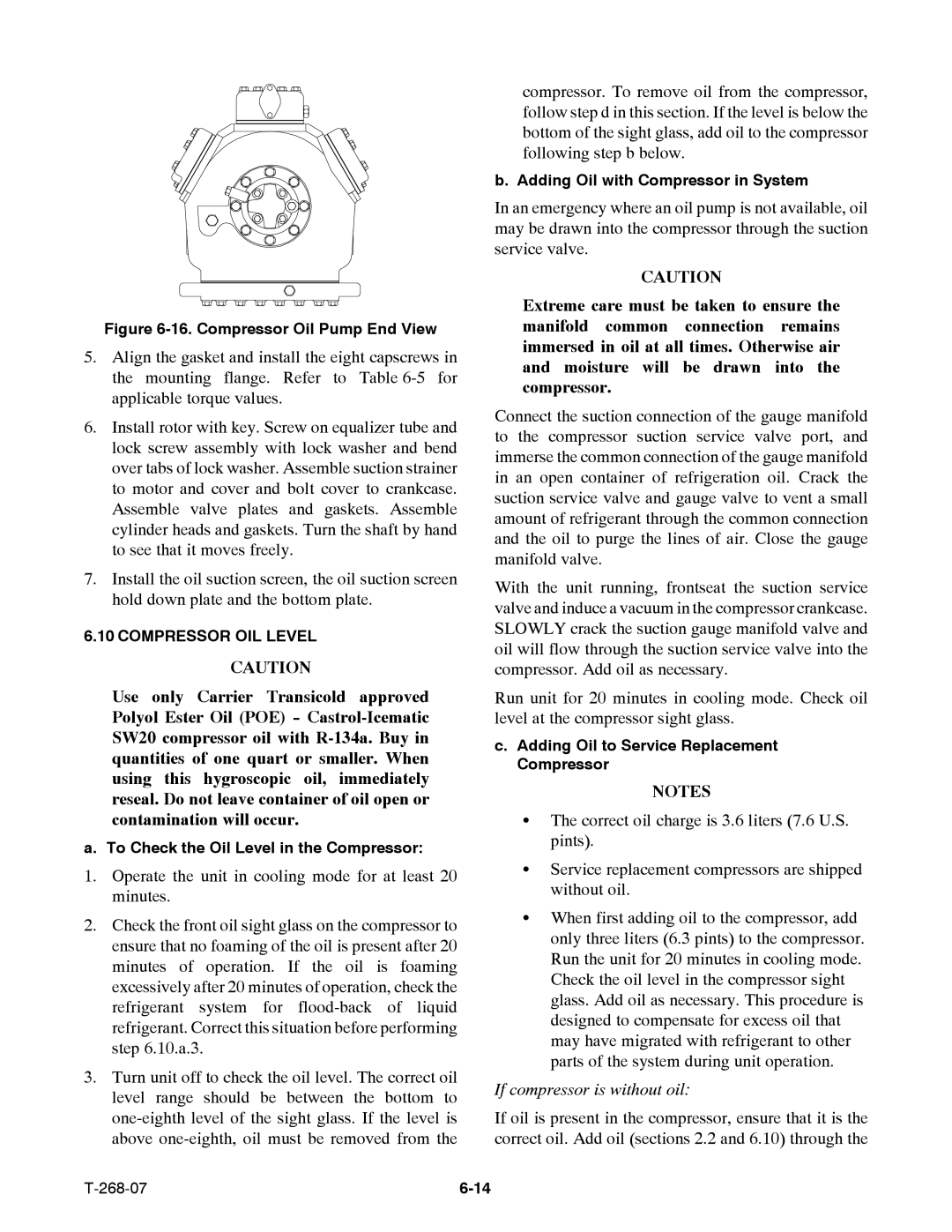
Figure 6-16. Compressor Oil Pump End View
5.Align the gasket and install the eight capscrews in the mounting flange. Refer to Table
6.Install rotor with key. Screw on equalizer tube and lock screw assembly with lock washer and bend over tabs of lock washer. Assemble suction strainer to motor and cover and bolt cover to crankcase. Assemble valve plates and gaskets. Assemble cylinder heads and gaskets. Turn the shaft by hand to see that it moves freely.
7.Install the oil suction screen, the oil suction screen hold down plate and the bottom plate.
6.10 COMPRESSOR OIL LEVEL
CAUTION
Use only Carrier Transicold approved Polyol Ester Oil (POE) -
a. To Check the Oil Level in the Compressor:
1.Operate the unit in cooling mode for at least 20 minutes.
2.Check the front oil sight glass on the compressor to ensure that no foaming of the oil is present after 20 minutes of operation. If the oil is foaming excessively after 20 minutes of operation, check the refrigerant system for
3.Turn unit off to check the oil level. The correct oil level range should be between the bottom to
compressor. To remove oil from the compressor, follow step d in this section. If the level is below the bottom of the sight glass, add oil to the compressor following step b below.
b. Adding Oil with Compressor in System
In an emergency where an oil pump is not available, oil may be drawn into the compressor through the suction service valve.
CAUTION
Extreme care must be taken to ensure the manifold common connection remains immersed in oil at all times. Otherwise air and moisture will be drawn into the compressor.
Connect the suction connection of the gauge manifold to the compressor suction service valve port, and immerse the common connection of the gauge manifold in an open container of refrigeration oil. Crack the suction service valve and gauge valve to vent a small amount of refrigerant through the common connection and the oil to purge the lines of air. Close the gauge manifold valve.
With the unit running, frontseat the suction service valve and induce a vacuum in the compressor crankcase. SLOWLY crack the suction gauge manifold valve and oil will flow through the suction service valve into the compressor. Add oil as necessary.
Run unit for 20 minutes in cooling mode. Check oil level at the compressor sight glass.
c.Adding Oil to Service Replacement Compressor
NOTES
SThe correct oil charge is 3.6 liters (7.6 U.S. pints).
SService replacement compressors are shipped without oil.
SWhen first adding oil to the compressor, add only three liters (6.3 pints) to the compressor. Run the unit for 20 minutes in cooling mode. Check the oil level in the compressor sight glass. Add oil as necessary. This procedure is designed to compensate for excess oil that may have migrated with refrigerant to other parts of the system during unit operation.
If compressor is without oil:
If oil is present in the compressor, ensure that it is the correct oil. Add oil (sections 2.2 and 6.10) through the
|
